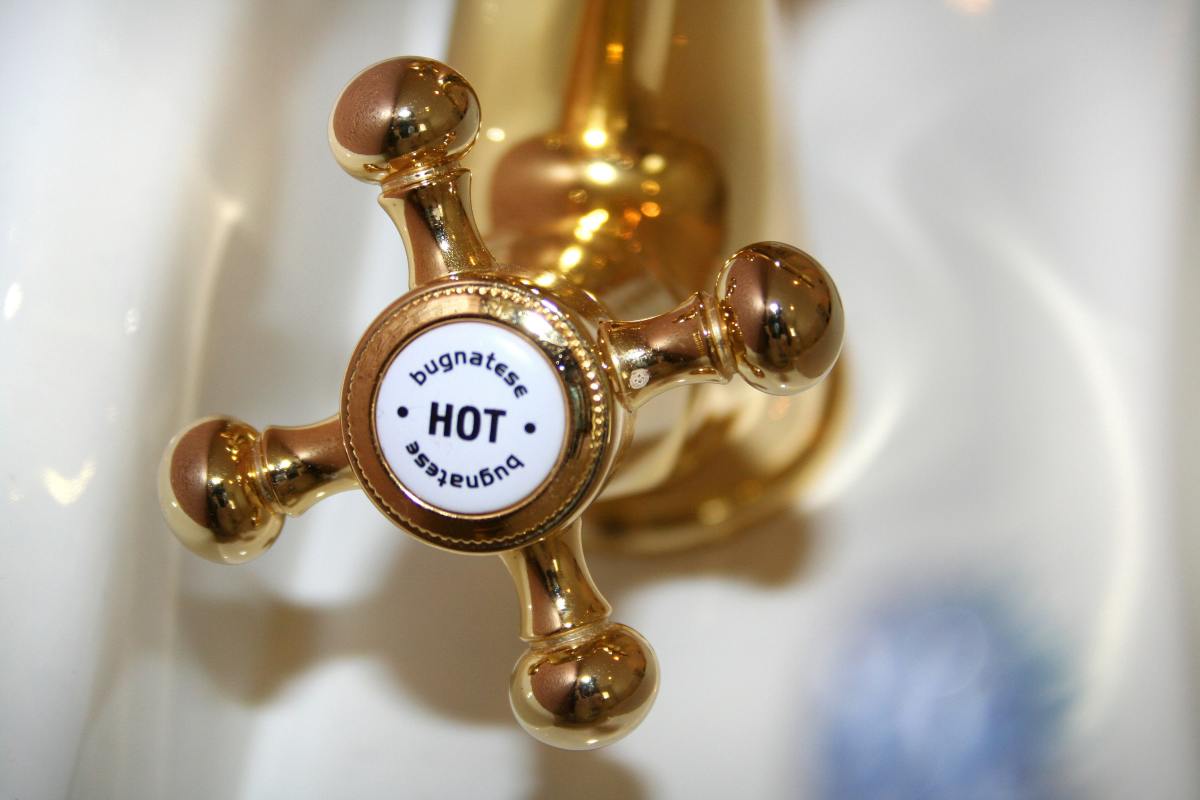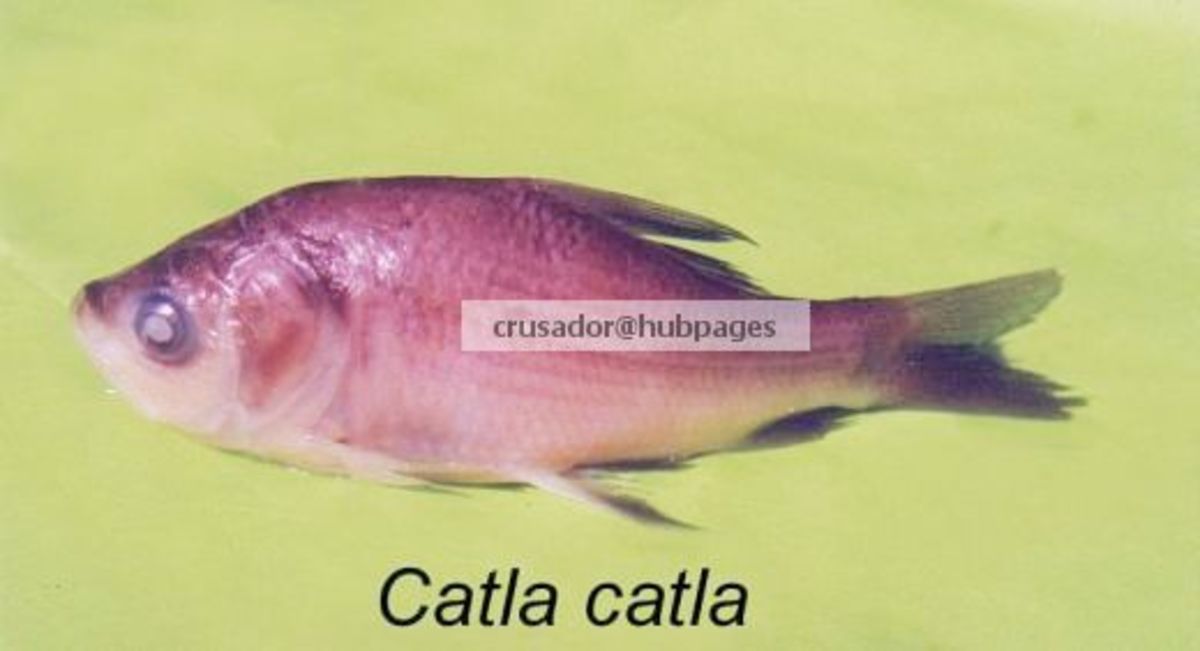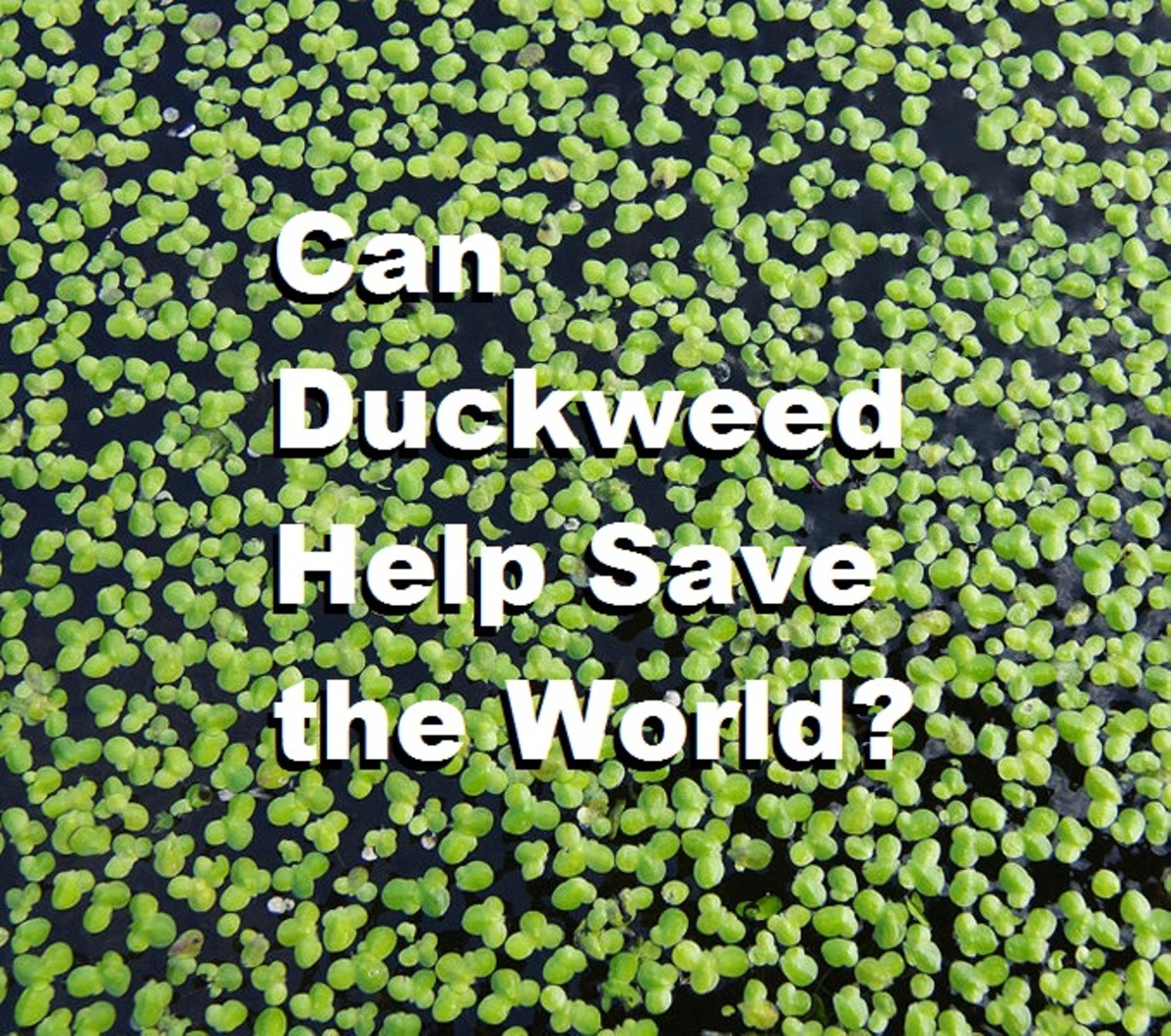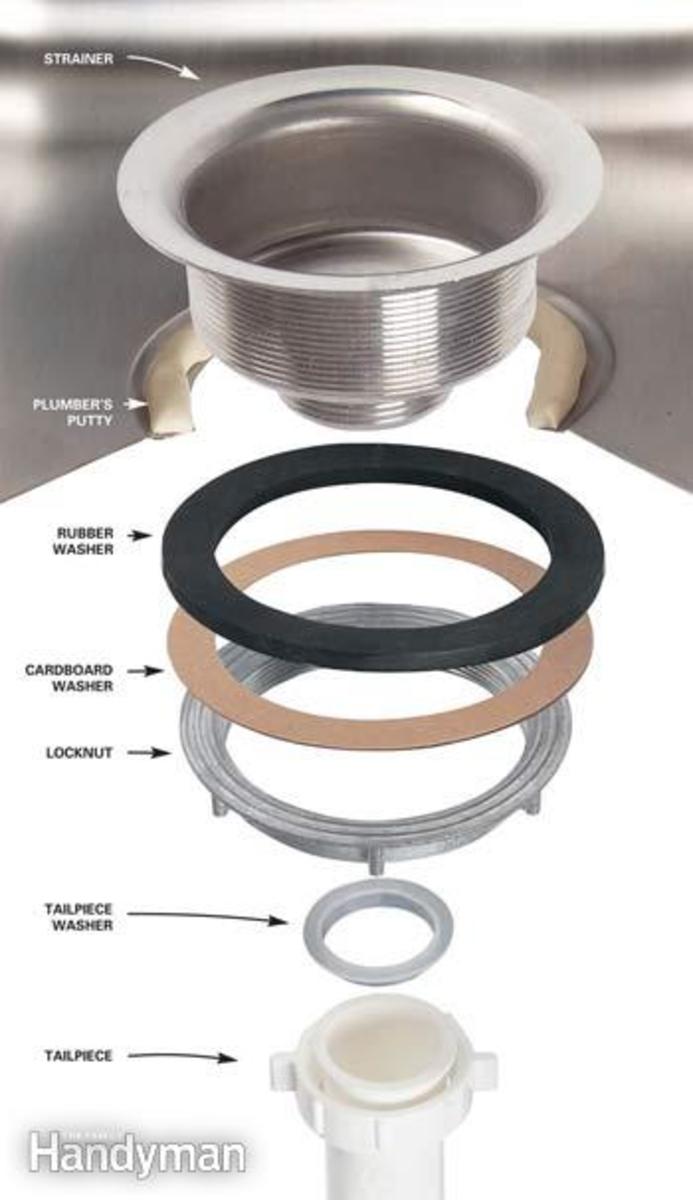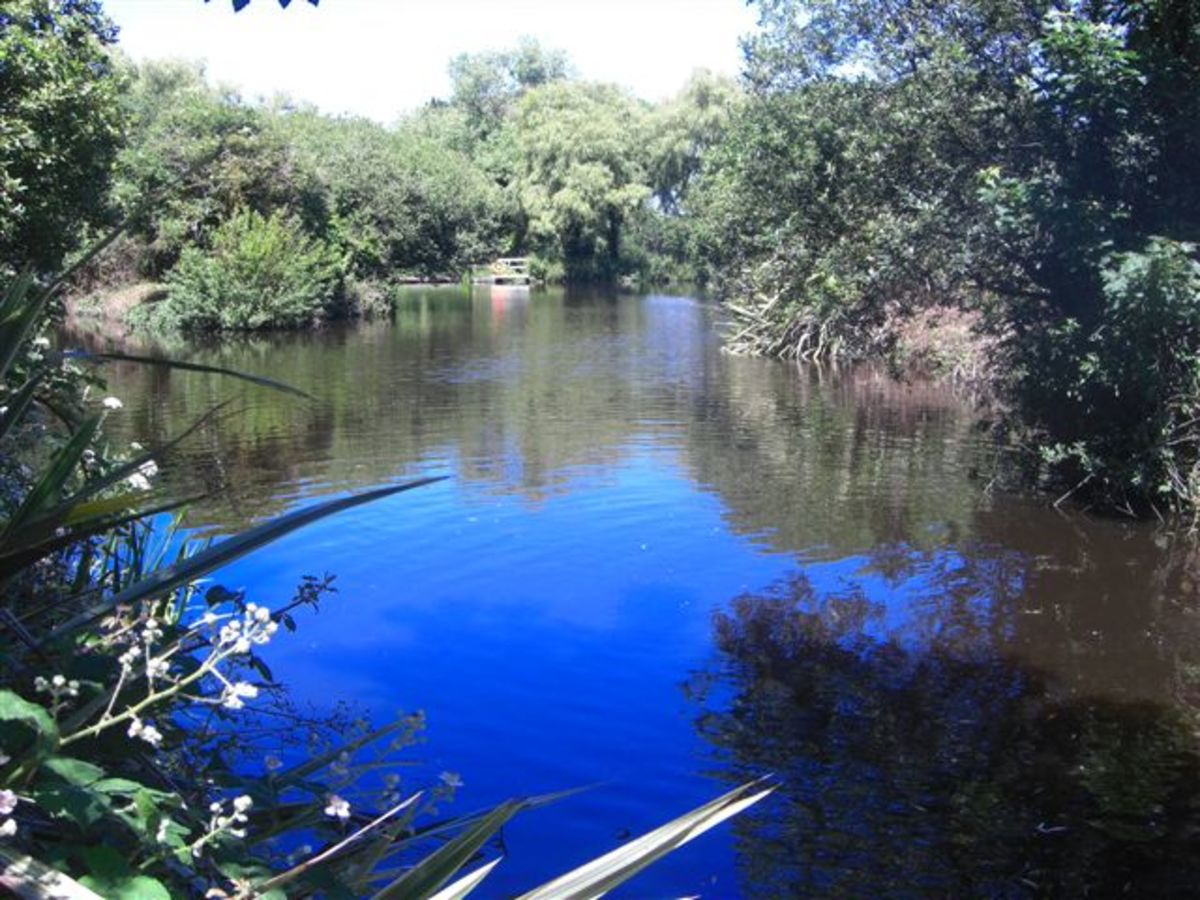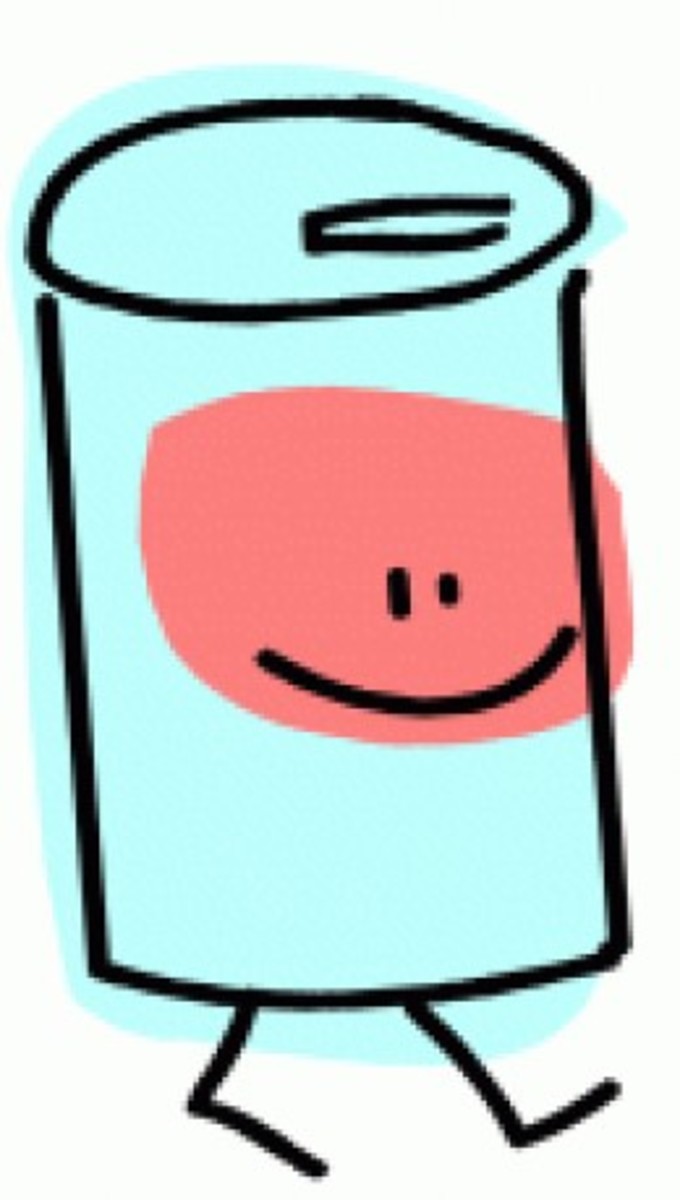How To Keep Streams Clean
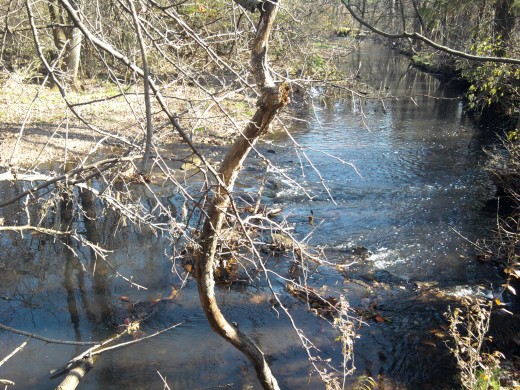
Introduction
I've worked for several companies over the years that have a body of water nearby. Typically a small stream. An important consideration for any company operating near streams is to keep the stream safe from contamination. Some companies near water could care less. Some near water only care to avoid a fine. Other companies truly care. Over the years I've learned a couple of things that all of us can easily do to keep our streams and waterways safe and clean.
Storm Drains
I used to think to myself that you had to be near a stream in order to pollute it. I mean, that makes sense right? You operate or reside near a stream and you dump old oil or antifreeze or industrial waste of some sort directly into the stream, contaminating it.
Yes, that would hurt the stream. It would clearly hurt it in a direct way. To my surprise though, I learned that you can directly hurt the stream, even if it is miles away.
Storm drains! On most streets you'll find storm drains. Those rectangular holes with the big iron grate over it. Apparently, these storm drains often lead directly to nearby streams. The purpose of a storm drain is to give rainwater a place to go and prevent a neighborhood from flooding. Water is the only thing that should be flowing into a storm drain.
What Else Can Go into a Storm Drain?
Honestly, nothing else except water should go into a storm drain. These drains are meant to collect excess rainwater and, ideally, nothing else. Of course, some pollutants are washed down the rain with the rainwater, and, ultimately, into the nearby streams or other body of water. In order to minimize this, there are ways that you personally can help keep our streams clean.
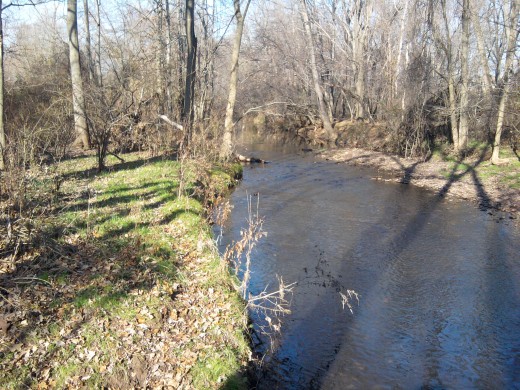
- Save Money By Reusing Newspaper At Home
If you are still reading the newspaper, my hat is off to you. Newspapers are really taking a beating in sales thanks to the internet news agencies and those pesky bloggers :-) out there. Of course reading...
What Can I do to Keep Streams (and other bodies of water) Clean?
Here are a few things that you can keep in mind and keep streams clean:
1. Whenever washing the exterior of your house or your car, be sure to use biodegradable, environmentally safe cleaning agents. You should be able to tell this by looking at the labeling. Try to avoid letting the cleaner run into the storm drain, but if it does you'll at least know it is safe for the environment.
2. Raking leaves and mowing grass. I doubt that many, if any, of you rake leaves or mow grass clippings directly into the storm drain. That said, these can very easily wind up into the drain if you pile them up close to the street or into the street. Try to avoid putting leaves or grass near on on the street where the next storm can wash the debris into the drains (then into the stream)
3. If you know you have accidentally dumped a chemical (like used motor oil, etc) into the street or on your lawn or driveway, don't spray it away with your hose. It'll wind up in the street and then the drain. Try to mop up the spill with rags or oil-dry material. If the spill is bad, contact your local township for proper disposal of the rags or whatever disposal media you used.
To sum up the above, protect the storm drain near your home like a goal tender protects a goal. Only water should be going down the drain.
Learn How To Identify A Male Crab - Great Picture
- What a Male Blue Claw Crab Looks Like
I've been asked what a male blue claw crab looks like. It is a good question. At some point you really should know a male crab from a female crab. In some jurisdictions you may be required to know this in...
Legally Fish Saltwater in New Jersey With This Registration....
- How To Register to For Salt Water Fishing In New Jersey
As of January 1, 2010 New Jersey requires that certain recreational saltwater fishermen sign up for N.O.A.A. N.O.A.A. stands for the National Oceanic and Atmospheric Association. As of the date this article...
Need to Change Your NJ Crabbing License..... Learn How Here....
- How to Change Address Contact Information On New Jersey Crabbing License
If you have obtained a New Jersey Crabbing license so that you can legally catch crabs using a crab pot, good for you! If you haven't and want to know how to get a crab license, I've linked an article that I...

